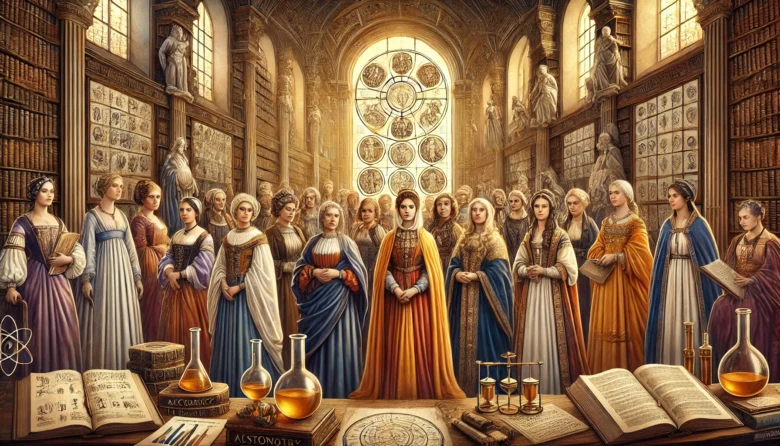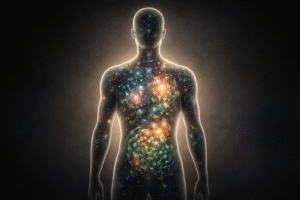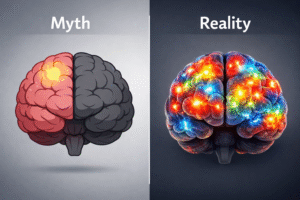Did you know that some of the earliest chemists in history were women? In fact, the first recorded alchemist, Tapputi, lived in Mesopotamia around 1200 BCE and developed groundbreaking techniques in distillation. Yet, her contributions, like those of many women in ancient science, have largely been overshadowed by history.
Introduction
Throughout history, countless women have shaped science and innovation, but their names often remain unrecognized. “The Role of Forgotten Women in Ancient Science” shines a spotlight on these trailblazers who paved the way for modern scientific advancements. By exploring their lives and contributions, we can reclaim their rightful place in history and inspire future generations.
Hypatia of Alexandria: The Mathematician and Astronomer
Hypatia (c. 360–415 CE) was a philosopher, mathematician, and astronomer in ancient Alexandria, Egypt. She led the Neoplatonist school and taught complex subjects like conic sections and celestial mechanics. Hypatia’s work influenced later scholars, yet her life ended tragically when she became a political scapegoat. Her death symbolized the decline of intellectual freedom in Alexandria.
Legacy: Hypatia’s life reminds us of the enduring tension between knowledge and power. While her writings are lost, her teachings shaped medieval and Renaissance science.
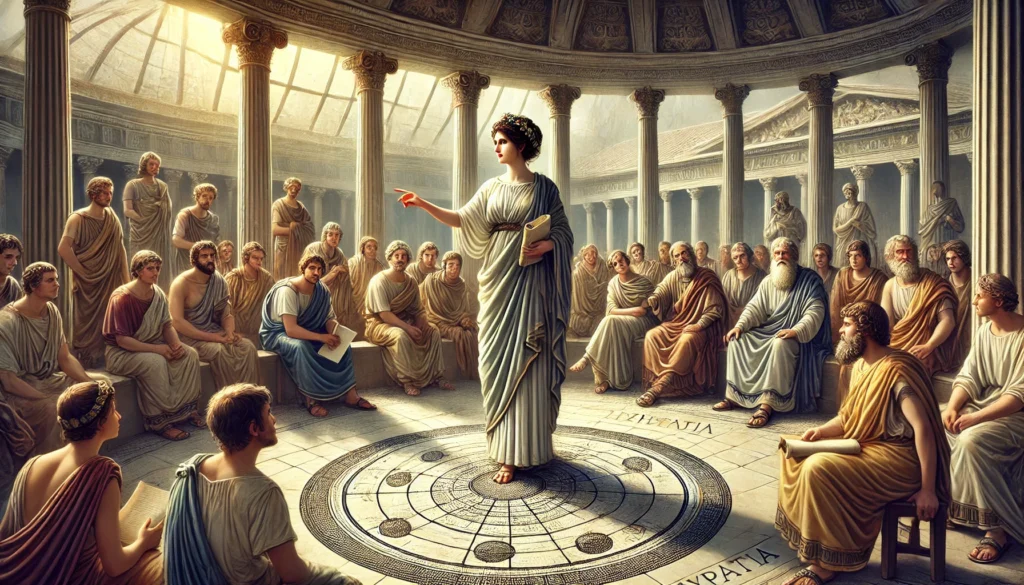
Tapputi-Belatekallim: The Perfume Chemist
Tapputi-Belatekallim, mentioned in Babylonian cuneiform tablets, is considered the world’s first recorded chemist. Working as a perfumer in Mesopotamia, she refined early chemical techniques like filtration and distillation. Her contributions laid the groundwork for future advancements in chemistry and pharmaceuticals.
Legacy: Tapputi’s work highlights how ancient industries relied on scientific methods long before the modern era.
Agnodice: Ancient Greece’s Pioneer in Medicine
Agnodice (4th century BCE) is celebrated as the first female doctor in ancient Greece. She disguised herself as a man to study medicine, defying laws that prohibited women from practising. After revealing her true identity, Agnodice’s patients defended her, leading to changes in Greek medical laws.
Legacy: Agnodice’s courage underscores the enduring struggle for women’s inclusion in professional fields.
Mary the Jewess: The Alchemist Who Changed the Game
Mary the Jewess, an early alchemist from Hellenistic Egypt (1st–3rd century CE), is credited with inventing essential laboratory equipment like the double boiler (“Bain-Marie”). Her writings influenced medieval European alchemy, though much of her work survives only through secondary sources.
Legacy: Mary’s contributions remind us that women’s ingenuity has long been integral to scientific discovery.
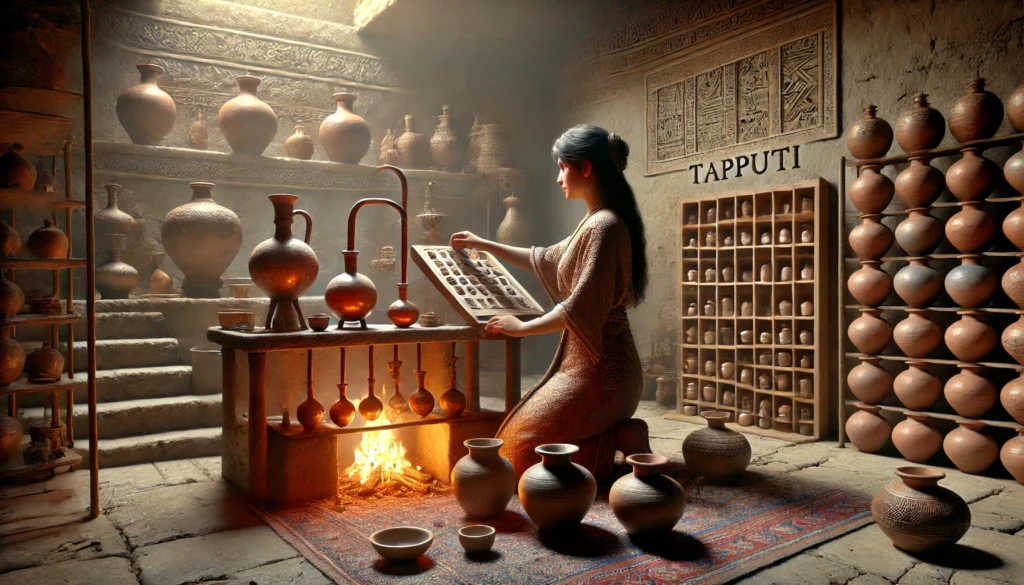
En Hedu’Anna: The First Known Poet and Astronomer
En Hedu’Anna (23rd century BCE) was a priestess in ancient Sumer and the earliest known poet. She wrote hymns that integrated astronomical observations, suggesting she played a key role in early science and theology.
Legacy: As one of the first recorded individuals to blend science with the humanities, En Hedu’Anna’s work highlights the interdisciplinary nature of early innovation.
Conclusion
The stories of these women reveal that science has never been a male-only endeavour. From Hypatia’s celestial calculations to Tapputi’s chemical mastery, women have been shaping science for millennia. Yet, their achievements are often overshadowed or forgotten.
By reclaiming these narratives, we not only honour their contributions but also inspire a more inclusive future in science. Let’s continue to share these stories and challenge the historical narrative—because every young girl deserves to know that science has always been a field for everyone.
Author’s Note
I wrote this blog to celebrate the unsung heroines of science. If you’re inspired by their stories, let’s ensure their legacies are never forgotten.
G.C., Ecosociosphere contributor.

